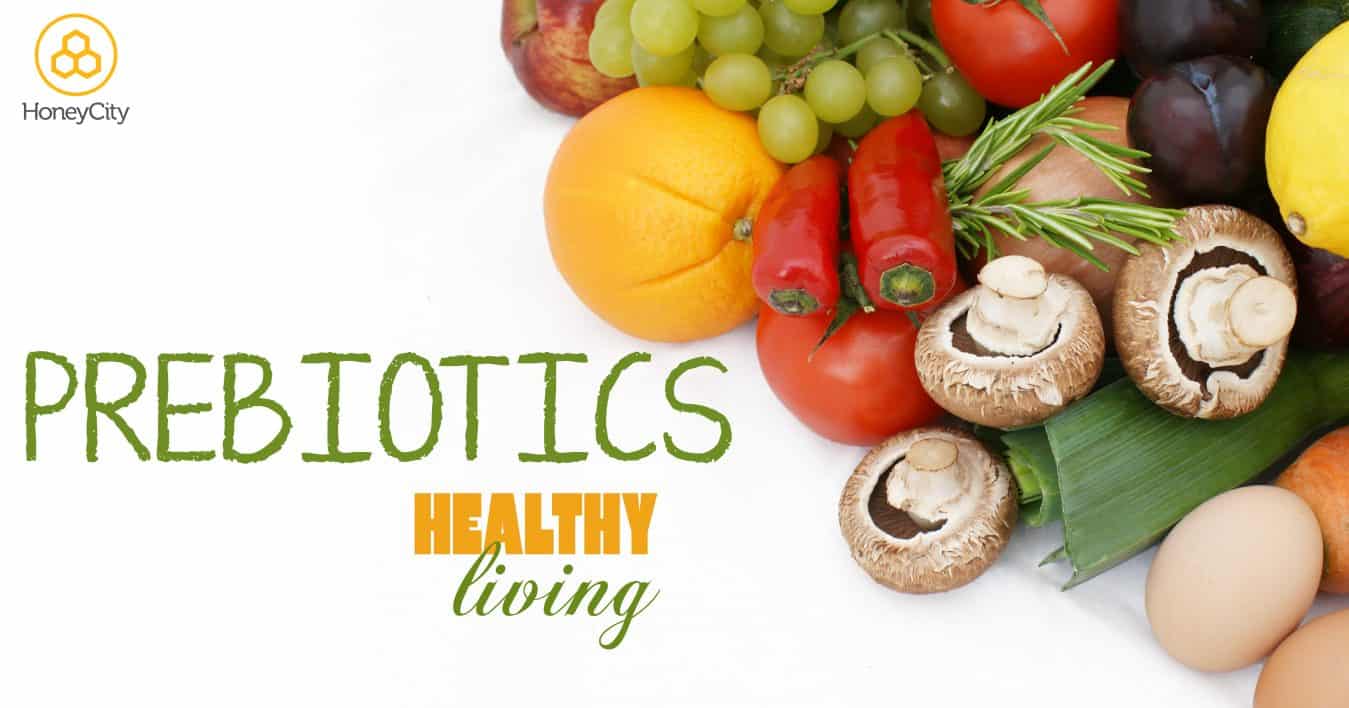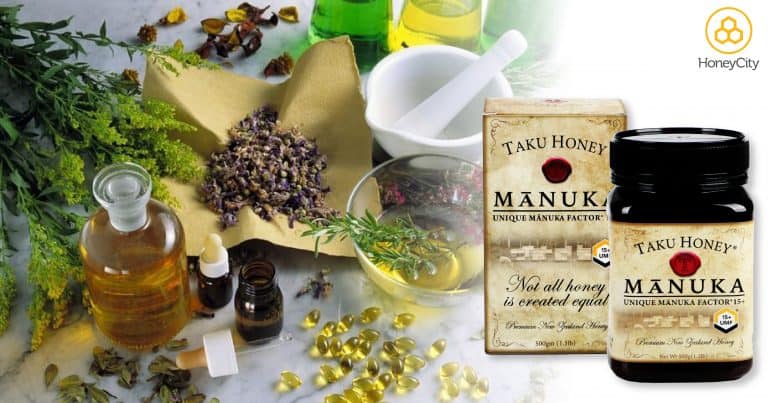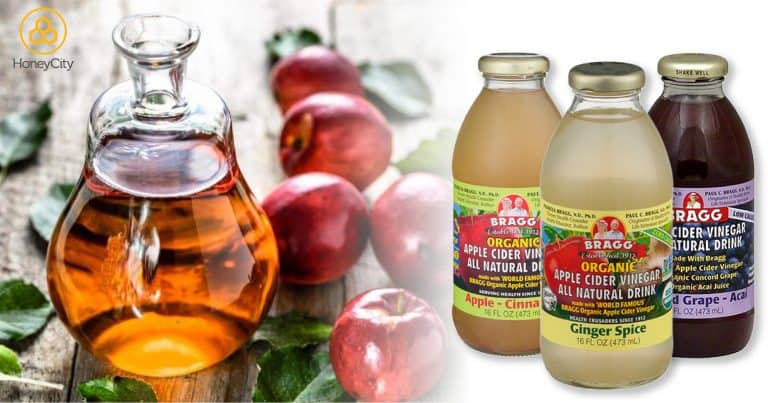Discover Probiotics and Prebiotics: The Benefits and Differences
Probiotics? Prebiotics? What are they? Even though both sound similar, they are different in the ways they benefit the body.
In this article, we will look at the differences and benefits of both prebiotics and probiotics.
While a majority of people are aware of probiotics and their health benefits, they don’t understand what prebiotics are and their benefits.
Prebiotics are equally as important to our human body. Probiotics are the ‘live’ bacteria that keep our digestive and immune systems healthy.
On the other hand, prebiotics are the ‘non-living food ingredients’ that good bacteria like probiotics ‘feed’ on to grow and perform their function of keeping our body healthy.
What Are Probiotics and Their Health Benefits?
Probiotics are useful forms of good bacteria necessary for good health.
This is because they help to manage and restore the levels of good bacteria in the intestines that strengthen our immune system and overall wellbeing.
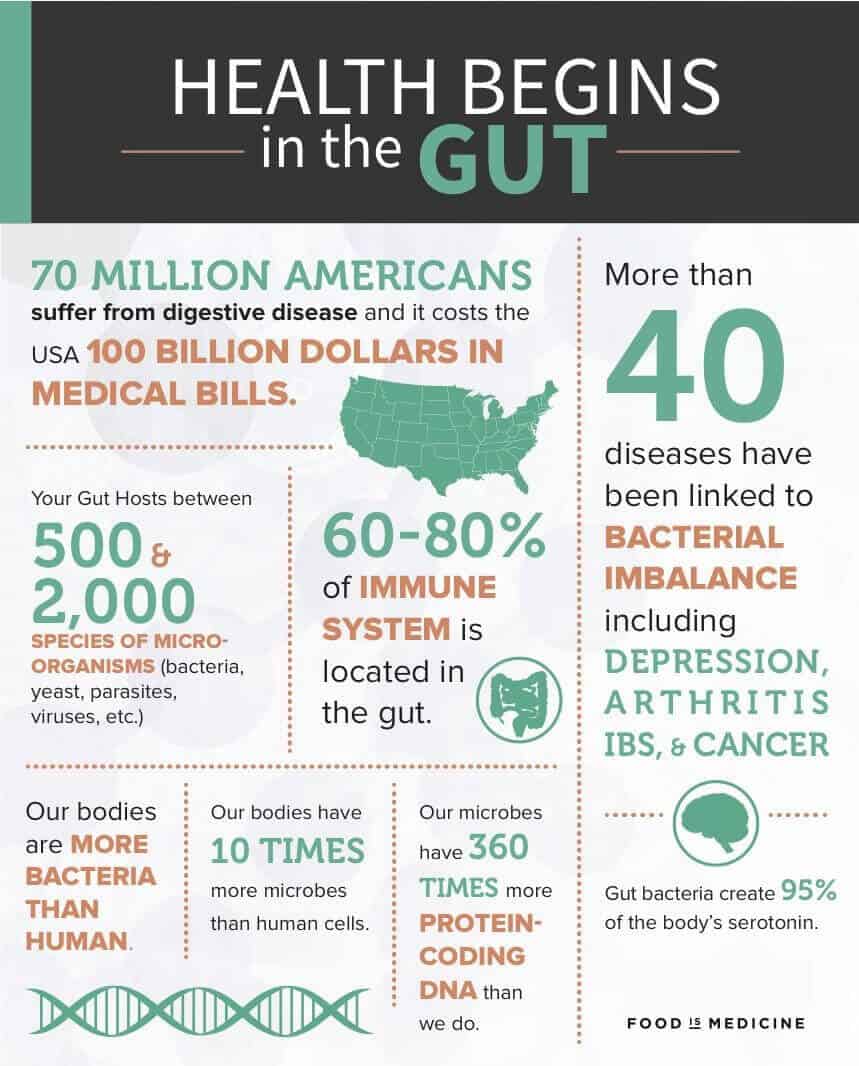
Probiotics are known to prevent many health-related issues such as:
- Digestive disorders
- Frequent flu and colds
- Skin problems
- Candida (bad breath) and
- Autoimmune disease
Most of the probiotics in our system come from the fresh, fermented, or dairy products we consume daily. They are part of our diet through whole wheat products, onions, garlic yoghurt, tempeh, and even dark chocolate.
In the past, fermentation was a common practice to preserve excess food to be consumed later.
However, with the advancement in technology, modern food preservation equipment like the refrigerator was introduced and the need for fermentation was made redundant.
Modern food processes also produce bacteria-free food which deprives the body of a potential source of probiotics.
Modernisation has inevitably changed the sources where we can get our probiotics from and our dietary habits need to change to keep up and maintain healthy levels of probiotics in our body.
Sources of Food Rich in Probiotics
To make up for the loss, we should include fermented food products such as yoghurt and cheese that are rich in probiotics in our diet. Other foods rich in prebiotics include:
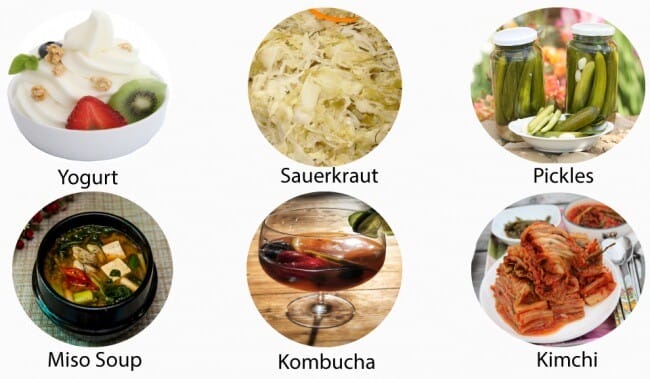
These are foods rich in probiotics that you can eat daily:
- Yoghurt
- Cultured drinks (Popular brands include Vitagen or Yakult)
- Sauerkraut (German pickled cabbages)
- Miso soup (Japanese soup)
- Kimchi (Korean pickled cabbages)
- Fermented soft cheeses
- Sourdough bread
Apart from consuming food rich in probiotics, we should also consume food rich in prebiotics as they are the supplements for probiotics that ensure good gut health.
Prebiotics are foods rich in fibre that probiotics eat. Eating prebiotics help to increase and maintain a healthy level of probiotics in your gut system. Prebiotics will be discussed in further detail as we go along.
Health Benefits of Probiotics
Some of the health benefits of probiotics include:
- Weight loss
- Improved digestion
- Inflammatory bowel diseases
- Good-smelling breath
- Healthier skin
- Fewer incidents of cold and flu
- Higher energy level
Enrich your diet with a wide variety of food rich in probiotics to maintain healthy levels of good bacteria within your gut for a stronger immune system.
The infographic below explains the differences between good and bad bacteria and their respective effects on the human body.
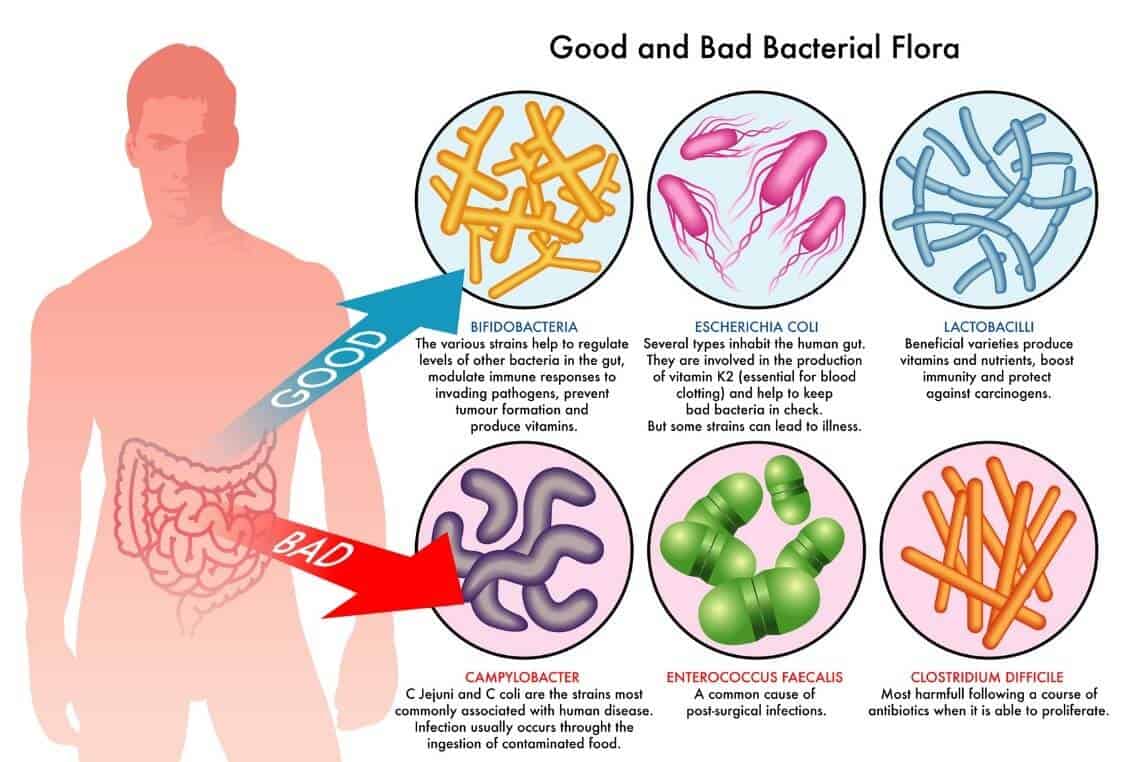
Limitations, Side Effects, and Risks of Probiotics
Limitations
One of the major limitations of probiotics is their poor resistance to heat and stomach acid. As a good bacterium, probiotics are rather fragile and susceptible to harm through the process of food preparation or consumption.
The excessive heat present in our food during preparation may have killed off the much-needed probiotics before consumption and our individual dietary habits, preferences, and existing conditions such as lactose intolerance may also limit and impede our intake of probiotics through dairy products.
As each of our bodies is different, our requirements for good bacteria will differ as well.
It is therefore important for each individual to find the appropriate probiotic-rich food that fits their individual probiotic requirements in order to ensure a healthy gut and immune system.
Side Effects
Despite being good for the body, there are certain side effects associated with probiotics such as mild bloating and gas. Probiotics are also thought to cause infections in people with underlying health conditions that would need to be treated with antibiotics.
However, probiotics are generally safe for consumption with a low chance of developing serious side effects.
Risks
The following groups of people should exercise caution before consuming any form of probiotics:
- Children
- Pregnant woman
- Elderly
- People with a weak immune system
People with weak immune systems are more susceptible to bloodstream infections and contracting other illnesses caused by probiotics.
With that said, probiotics should be taken in moderation as excessive consumption may bring about undesirable side effects like temporary gas and bloating.
People in the risk categories should also seek a doctor’s opinion before taking any course of probiotics.
What Is a Prebiotic and What Are Its Advantages?
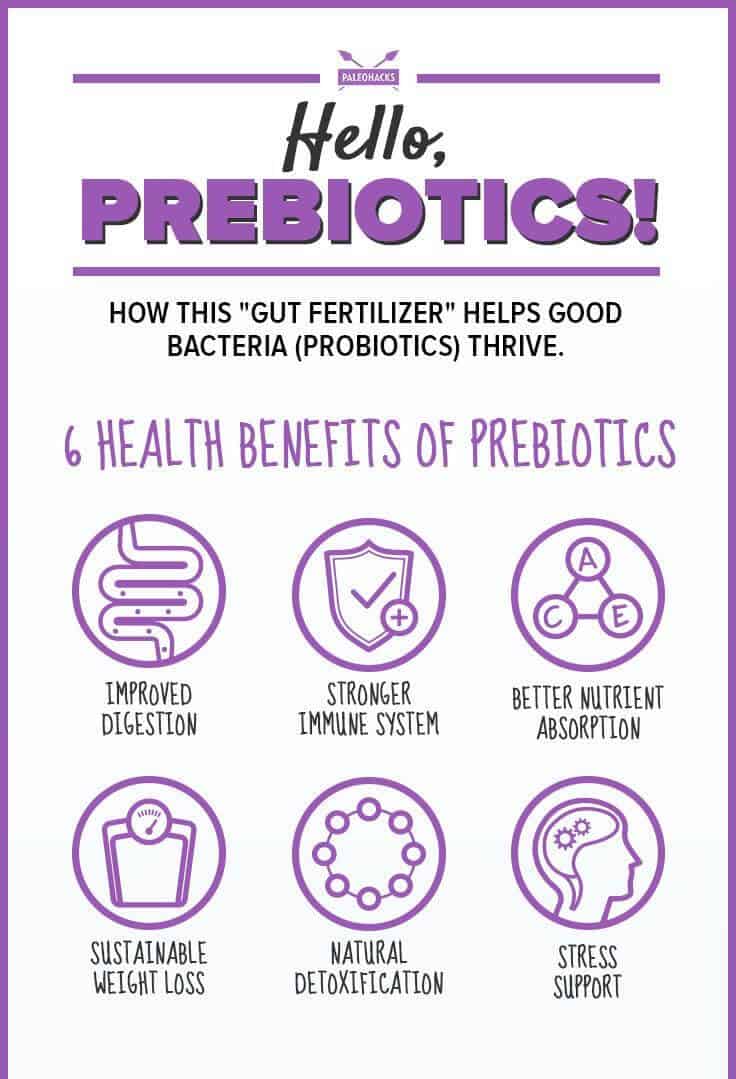
Simply put, prebiotics are ‘food’ for probiotics and other good bacteria to feed on in order to grow and flourish.
As a fibre, prebiotics are non-digestible carbohydrates essential and proven to have the following health benefits:
- Improved immune system
- Increase in bone density
- Better weight control
- Better appetite
- Regular bowel movement
- The decrease in allergic inflammation
- Increase calcium absorption for strong bones
How Prebiotics Work
Prebiotics primarily support probiotics and the latter cannot sustain or work without the former.
The study of the colon has long been neglected as it was originally thought to only be responsible for disposing of body waste.
However, doctors have recently discovered that the colon is actually home to a diverse group of bacteria that contributes beneficially to our overall health.
The presence of good bacteria such as probiotics in the system helps the body with many essential functions.
This includes the absorption of nutrients, minerals, strengthening bowel walls, and regulating hormone production which improves overall health among other benefits.
Regular consumption of food rich in fibre is inevitably beneficial to human health due to the positive chain effect it brings.
Prebiotics Are Linked to Good Physical and Mental Health
Contrary to popular belief, your body does not actually digest nor absorb the fibre consumed.
Apart from aiding the grown of good bacteria, fibre also promotes the movement of materials through our body system to promote a healthy digestive system.
Studies have also shown that people who consume food rich in prebiotics are less susceptible to anxiety and stress. This has been attributed to the low levels of cortisol that is associated with the increase in fibre intake.
Sources of Prebiotics in Food
In the list below, sources of fibre include vegetables, fruits, nuts, wholegrain food, and supplements.
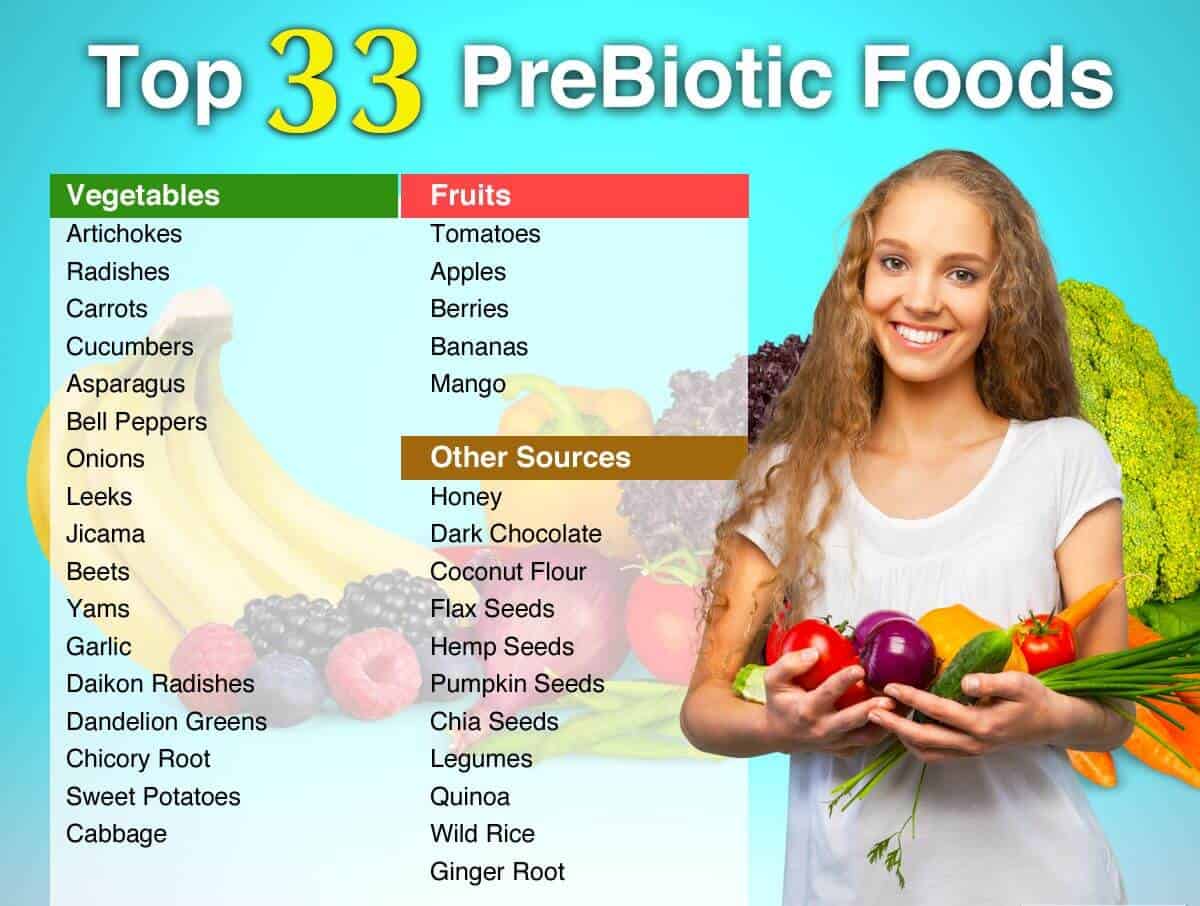
You can eat these foods rich in prebiotics:
- Banana
- Celery
- Apple skin
- Onions
- Garlic
- Leek
- Beans and legumes
- Papaya
- Spinach
- Artichoke
- Chicory roots
- Asparagus
- Oatmeal
It is important to note that the amount of fibre typically consumed per serving is roughly one to two grams which is insufficient for most people on a normal diet.
The exclusion of fruits and vegetables from one’s diet would further deprive the body of the much-needed mineral.
Even though it is better to consume adequate amounts of minerals and nutrients through the intake of food, there might be certain circumstances that may prevent you from doing so.
This is where supplements come in to make up for the deficit. Water-soluble probiotic food supplements are easy to prepare and consume either in the morning or evening to give your body the minerals it needs.
Can You Take Prebiotics Together With Probiotics?
Yes, you can. Taking prebiotics and probiotics together is known as microbiome therapy.
You don’t need to take prebiotics for probiotics to work, and neither do you need to take probiotics for prebiotics to improve your gut’s probiotics. Taking them together can be more effective for a jump-start.
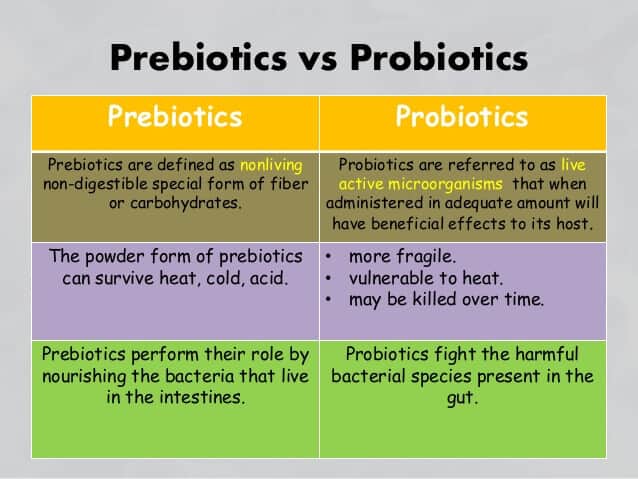
A holistic diet should include food rich in both pre-and pro-biotics. A healthy serving of yogurt, coupled with regular intake of fruits and vegetables, will provide the body with the necessary nutrients required.
Should your intake be limited by your dietary constraints, supplements can also be taken to help make up for the lack of either.
Can I Take Prebiotics Alone?
Definitely. The human body contains natural amounts of probiotics although levels may differ with each individual.
Having adequate levels of prebiotics is the first step to ensuring healthy levels of probiotics. Prebiotics can be taken alone to spur the internal growth of probiotics within your gut.
It’s recommended for people to still consume food rich in probiotics to maintain healthy levels of such bacteria, either through the natural consumption of food or through supplements.
When Should I Take Prebiotics and Probiotics?
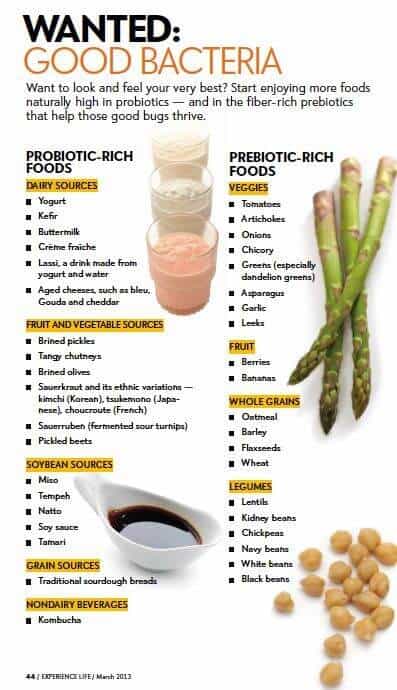
Food rich in prebiotics and probiotics should be consumed on a regular basis. However, the amount is usually insufficient for most people on a normal diet. Supplements are therefore necessary to make up for the deficit.
For the best effects, prebiotic and probiotic supplements can be taken before bed on a regular basis to give the body the steady flow of minerals it requires to maintain body functions.
Such supplements can also be taken with a meal for its filling effect. This is very useful for people who are trying to control and maintain their weight.
Unlike other supplements which take time for their effects to be felt, the benefits of plant-based prebiotic fibre supplements can be felt with just one dose with no extra calories added to your meal.
However, supplements should always be taken in moderation to complement an existing healthy diet and optmise their goodness.
Why Should I Take Prebiotic Supplements?
Prebiotic supplements are a good choice to support an inadequate daily intake of fibre.
Even though it is better to rely on the natural intake of food, the nutrients and minerals we get through the natural method are generally insufficient to maintain healthy and optimal body function and the consumption of supplements is therefore necessary to make up for the deficit.
Low levels of fibre will obstruct the smooth processing of food within the body. Note that fibre is not native to the human body and can only be taken via external sources such as food and supplements.
However, meals these days are prepared with excessive amounts of sugar and artificial preservatives. Consuming excessive amounts of such preservatives to meet your regular nutrient intake may be detrimental to your overall health.
Specific supplements such as prebiotic and probiotic supplements seek to only provide what is required without anything else.
[vc_row][vc_column]
[/vc_column][/vc_row]Understanding Your Body and Health
The gastrointestinal tract is an organ responsible for digestion, absorption of nutrients, and expulsion of waste. As a vital organ in the body, the condition of the gastrointestinal tract will inevitably affect the overall immune system and health.
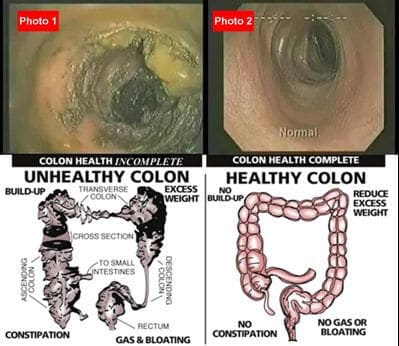
The Goodness of Natural Fibre
Unexplained abdominal pains, diarrhoea, or constipation can be signs of digestive distress. To relieve and prevent such discomfort, you can take supplements rich in prebiotics to help and maintain a healthy digestive system.
GREENMIX Prebiotics for Probiotics
What is GREENMIX? It’s a powdered mix that can be combined with water to become a healthy drink.
This mix supplements your body with all the necessary nutrients and minerals for optimal body function.
GREENMIX comes without any forms of chemical laxatives or medicines to regulate bowel movement and promote digestion through your digestive tract. It’s uniquely formulated to provide you with the natural goodness of fibre to improve your digestive system for a detoxified and robust body.
All ingredients used in the powdered mix are plant-based which include:
- Glucose
- Apple fibre
- Oligo powder
- Celery powder
- Spinach powder
- Spirulina powder
- Papaya enzyme
Oligo powder: They bind minerals to organic compounds to ensure maximum absorption by the body
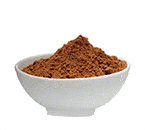
Papaya enzyme: This enzyme breaks down fat in the body
Celery powder: The leaves have a high Vitamin B content while the stems have vitamins B1, B2, B6, and C with rich supplies of potassium, folate, calcium, magnesium, iron, phosphorus, sodium, and plenty of essential amino acids
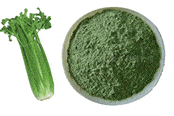
Apple fiber: Improving your digestion will enhance your nutrient absorption and waste elimination, thereby energizing your immune system for overall increased health, vitality, and healing
Glucose: Glucose is what provides the muscles energy to repair themselves using protein
Spinach powder: Spinach is an excellent source of Vitamin K, Vitamin A, Vitamin C, and folic acid as well as being a good source of manganese, magnesium, iron, and vitamin B2
Spirulina powder: The most nutritious food source in the world, protection from cancer and multiple viruses, anti-aging skin nourishing and revitalization

GREENMIX is suitable for anybody above the age of 13. The powder is purely natural and is extremely effective in flushing out toxins from your digestive system
Where Can I Get GREENMIX Prebiotics?
GREENMIX is an all-natural prebiotic supplement that’s made in Singapore. This powdered mix is extremely effective in flushing out toxins from your digestive system.
It’s produced to the highest standards for domestic and international markets and is suitable for anyone above the age of 13 to consume.
True to their pledge, I have personally seen an improvement in just the first week of consumption. I have been taking this product for more than a year to complement my diet and active lifestyle.
Take care of your gut health for the long-term and buy your Red Coral 红珊瑚 GREENMIX Prebiotics for Probiotics today at an attractive price!
[vc_row][vc_column]
[/vc_column][/vc_row]
